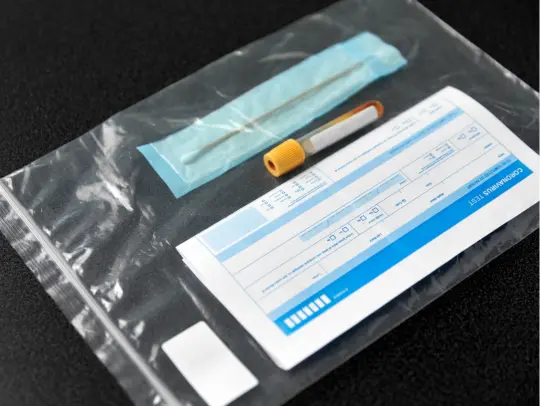
Erectile Dysfunction Due to Damaged Blood Vessels Caused by Type 2 Diabetes
Erectile dysfunction and diabetes are different conditions, but they often go hand-in-hand. Studies have shown that men with diabetes have an increased risk of developing erectile dysfunction. In fact, erection problems can be an early sign of type 2 diabetes, especially in men younger than 45.
Uncontrolled blood sugar levels can lead to damaged nerves and blood vessels. Nerve damage can have a negative impact on a man’s sexual arousal and cause erection problems. Blood vessel damage can reduce blood flow to the penis and contribute to erectile dysfunction symptoms.
What are the risk factors?
Several risk factors may increase your likelihood of developing erectile dysfunction symptoms due to diabetes. These risk factors include:
• Consistently high blood sugar levels
• Excess weight or obesity
• Lack of nutrition
• Physical inactivity
• Smoking and tobacco use
• Alcohol consumption
• High blood pressure
• Certain prescription medications
Lifestyle changes that can reduce the risk of erectile dysfunction
The good news is that certain lifestyle changes may help improve diabetes symptoms and lower your risk of developing erection problems. Here are some of the top suggestions.
• Follow a healthy diet. Diabetes-friendly foods can help you control your blood sugar and prevent damage to nerves and blood vessels. A healthy diet may also boost your energy and mood, which can improve sexual function.
• Limit alcohol consumption. Men should not consume more than two alcoholic beverages per day. In some cases, even mild intoxication can make it more difficult for men to get and maintain a firm erection.
• Quit smoking. Need another reason to quit? Smoking constricts your blood vessels and decreases blood flow to the penis, which can lead to erectile dysfunction symptoms.
• Start exercising. Regular exercise has been shown to help control blood sugar levels, reduce stress, and improve circulation. Experts believe that these three factors may help combat sexual health problems.
• Get plenty of sleep. For many men, fatigue and exhaustion can lead to sexual problems. If you’re struggling with erectile dysfunction, try to get at least 8 hours of quality sleep every night.
• Reduce your stress levels. Studies have shown that stress can have a negative impact on sexual function. Set aside time for relaxing activities that may help lower stress and lessen your risk of developing erectile dysfunction.
Talk to your doctor about your erectile dysfunction symptoms
It’s not always easy to discuss sexual health issues with your doctor, but there’s no reason to be embarrassed. Erectile dysfunction is a relatively common condition. It’s important to talk to your doctor about your sexual health issues because erectile dysfunction can be a symptom of an underlying medical condition.
If you have diabetes, your doctor can help you get your blood sugar levels under control. In some cases, treatment for diabetes can reverse erectile dysfunction symptoms. Your doctor may also recommend one of several prescription medications that can be used to treat erection problems. Speak to your doctor about your treatment options. A qualified physician can help you select a treatment plan that suits your specific situation.

































































































































